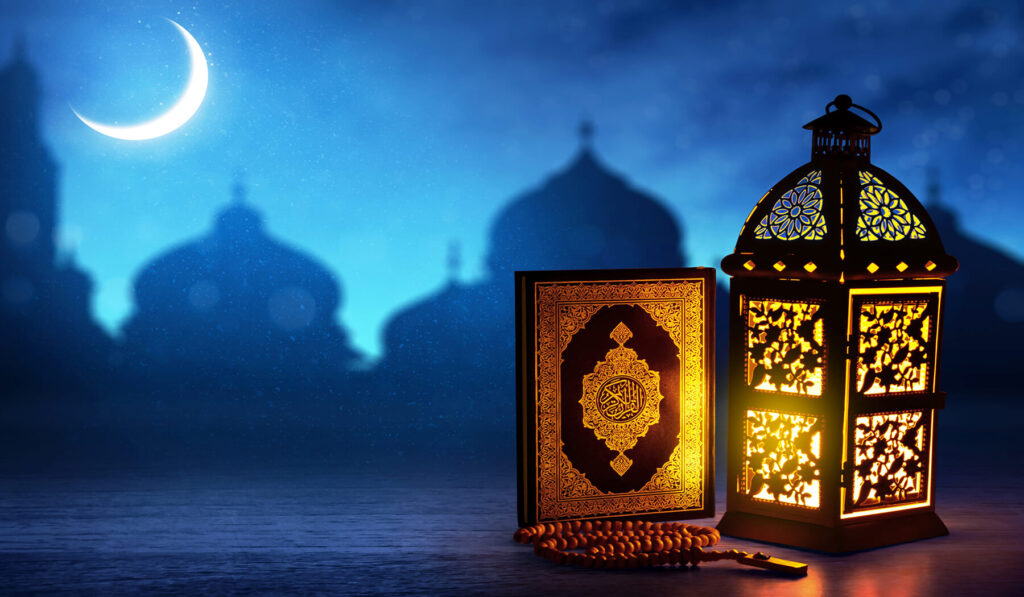
The Significance of Ramadan: An Overview
Ramadan is an important month for Muslims all around the world. It is a time of fasting, prayer, and self-reflection. In this article, we will explore the significance of Ramadan from historical, spiritual, and social perspectives.
Historical Significance of Ramadan
Ramadan is the ninth month of the Islamic calendar, and it commemorates the revelation of the Quran to Prophet Muhammad (PBUH). It is believed that the first verses of the were revealed to the Prophet during the month of Ramadan in 610 CE. Therefore, Ramadan is considered to be a holy month in the Islamic faith.
Another historical significance of Ramadan is the Battle of Badr. This battle occurred in Ramadan in the second year of the Islamic calendar, and it was a significant victory for the Muslims against the non-believers. The victory was seen as a sign of God’s support for the Muslims.
Spiritual Significance of Ramadan
Ramadan is a time of spiritual awakening for Muslims. Fasting during this month is one of the Five Pillars of Islam and is seen as a way to purify one’s soul and strengthen one’s faith. By abstaining from food, water, and other physical needs from dawn until sunset, Muslims are reminded of the blessings of God and the suffering of those who are less fortunate.
Ramadan is also a time for increased prayer and recitation of the Quran. Muslims are encouraged to read the entire Quran during the month of Ramadan, and many mosques offer nightly prayers called Taraweeh. These prayers are a time for reflection and spiritual renewal.
Social Significance of Ramadan
Ramadan is not only a time for personal reflection but also a time for community and charity. Muslims are encouraged to give to the less fortunate during this month, whether it be through food or monetary donations. It is also a time for family gatherings and breaking fast together.
The end of Ramadan is celebrated with Eid al-Fitr, a festival where Muslims gather to offer prayers and celebrate with food, gifts, and new clothes. It is a time to forgive and forget, and to strengthen bonds with family and friends.
Ramadan also promotes a sense of discipline and self-control. By practicing self-restraint during the day, Muslims are reminded to control their actions and words throughout the year.
In conclusion, Ramadan holds great significance for Muslims. It is a time for reflection, spiritual growth, community, and charity. It reminds Muslims of the blessings of God and the importance of self-discipline and control. Ramadan is a time to strengthen bonds with family and friends and to celebrate the gifts of life.
Table of Contents











